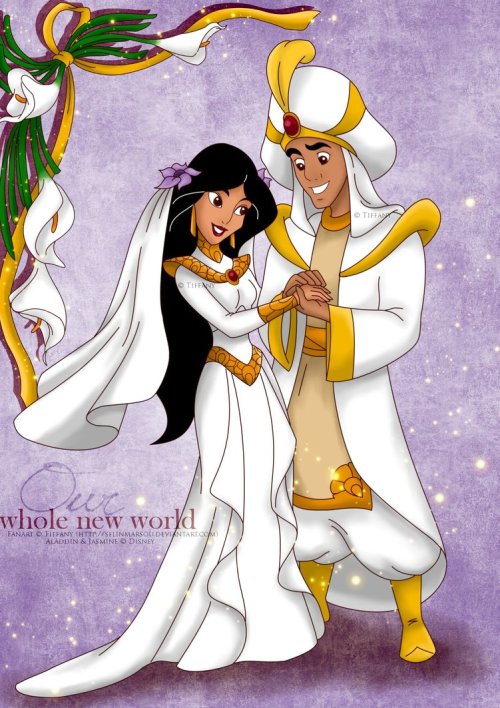 Ah Disney you have finally done it. You have chosen a story from the lands of ancient Greece and... actually did a decent job making a movie out of it. Hercules was an entertaining movie and it really helped show the conflict that Herc was going through. But despite the fact that it was a decent movie with good songs, how true is it to the myth of Heracles.
Ah Disney you have finally done it. You have chosen a story from the lands of ancient Greece and... actually did a decent job making a movie out of it. Hercules was an entertaining movie and it really helped show the conflict that Herc was going through. But despite the fact that it was a decent movie with good songs, how true is it to the myth of Heracles.First and foremost, it is worth noting that the actual name of the afore mentioned hero is Heracles. Heracles is the Greek name for Hercules and if Disney wanted to keep it close to the source material, they would have named him Heracles. Hercules (the name we are all familiar with) is the name give to him when the Romans took over and STOLE the Greek mythology. Sorry guys I get a little passionate about topics like this. Anyways, in the myth Heracles is a demigod (If you are familiar with the Percy Jackson series then you know what a demigod is) and is born on Earth. He finds out his true heritage as he gets older and has to do seven labors to prove that he is worthy of entering Olympus. Among these tasks are: slaying the Nemean Lion, Killing the Hydra, Bringing Cerberus to King Eurysthius, and other difficult tasks. In the end Heracles earned the right to enter Olympus and there he stayed, and lived his immortal life.
 So how accurate is the movie? Well lets start at the beginning. First Hercules is born in Olympus and it is implied that he is actually a god. Then Hades abducts the baby and nearly turns him mortal but is foiled when Hercules adopted parents spoil the party. Hercules then grows up and discovers his true heritage like in the myth but instead of being told to do seven labors, he is told to seek out a satyr and show what it means to be a hero. Hey at least in Ancient Greece they were a little more direct, but then again, I guess you need to teach the kids something. Anyways he finds the satyr and Hades meanwhile is making it his personal vendetta to get Hercules killed. After Hercules kills a hydra, slays a Nemean Lion and has a ton of fangirls, he is still not considered a hero. So far Disney has only messed up here in the beginning and also they messed up by giving Hercules a love interest. But that doesn't even come close to Hades deciding to suddenly free the titans, HIS SWORN ENEMY IN THE MYTHS. This just gives Hercules another problem as he has to choose whether to save his girlfriend Meg or the Olympians. In the end he does both and defeats Hades in Tartarus. Then in a twist ending that would anger most people who actually took time to look up the myth, Herc chooses to stay on Earth with the love of his life rather than choose immortality. I will overlook this because it is a pretty sweet ending and it does teach a good lesson of what it means to be a hero.
So how accurate is the movie? Well lets start at the beginning. First Hercules is born in Olympus and it is implied that he is actually a god. Then Hades abducts the baby and nearly turns him mortal but is foiled when Hercules adopted parents spoil the party. Hercules then grows up and discovers his true heritage like in the myth but instead of being told to do seven labors, he is told to seek out a satyr and show what it means to be a hero. Hey at least in Ancient Greece they were a little more direct, but then again, I guess you need to teach the kids something. Anyways he finds the satyr and Hades meanwhile is making it his personal vendetta to get Hercules killed. After Hercules kills a hydra, slays a Nemean Lion and has a ton of fangirls, he is still not considered a hero. So far Disney has only messed up here in the beginning and also they messed up by giving Hercules a love interest. But that doesn't even come close to Hades deciding to suddenly free the titans, HIS SWORN ENEMY IN THE MYTHS. This just gives Hercules another problem as he has to choose whether to save his girlfriend Meg or the Olympians. In the end he does both and defeats Hades in Tartarus. Then in a twist ending that would anger most people who actually took time to look up the myth, Herc chooses to stay on Earth with the love of his life rather than choose immortality. I will overlook this because it is a pretty sweet ending and it does teach a good lesson of what it means to be a hero.Well this was a fun week. Sorry if I seemed to have gotten passionate in some parts, this is a story from my heritage after all, so for me this week it was a double win. I got to analyze a Disney movie, and a movie based on a myth from Ancient Greece. Until next readers.






